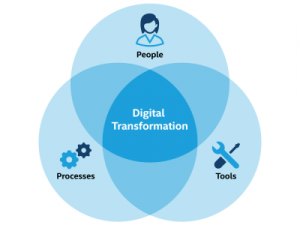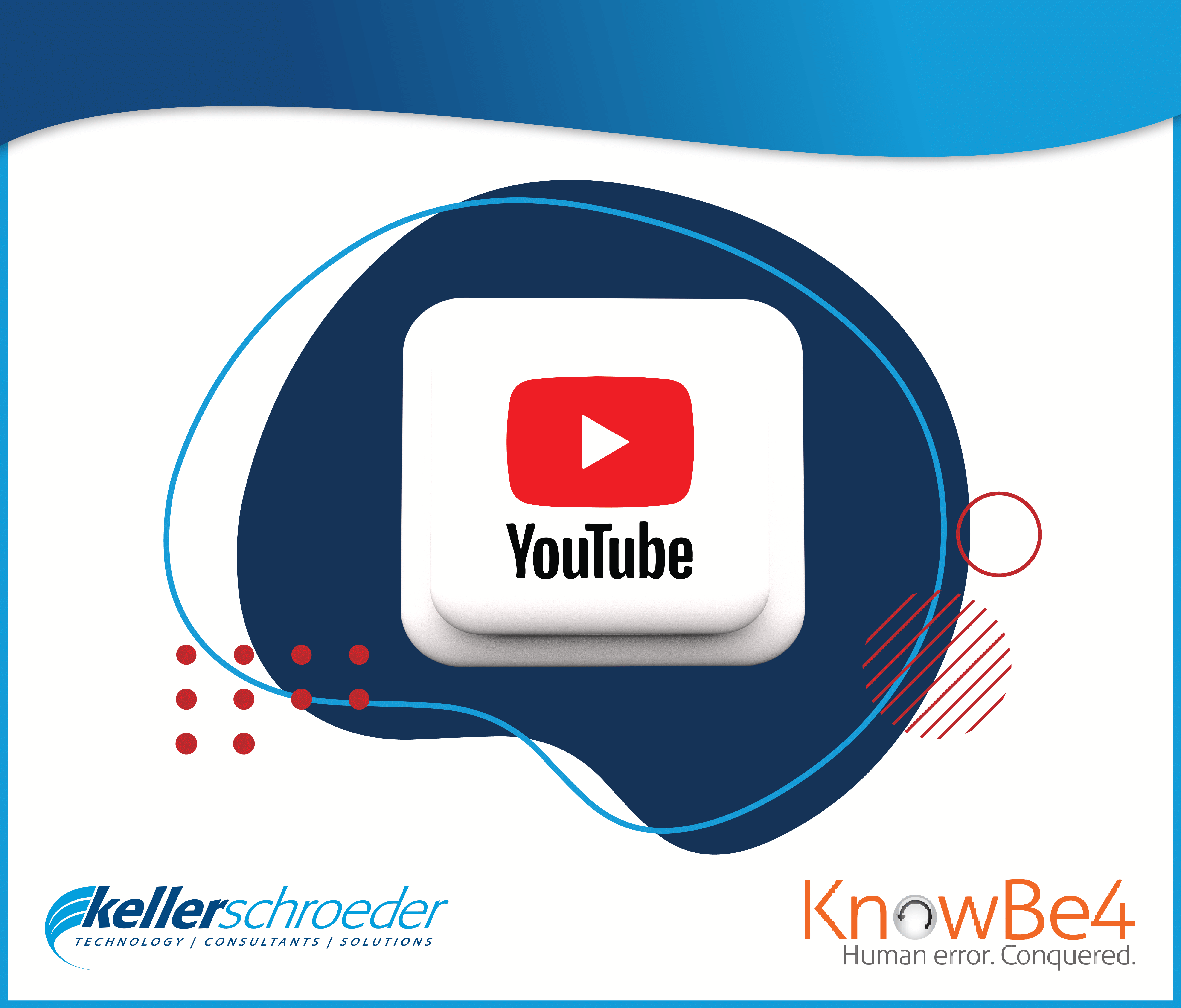
Rob Wilson
Principal Consultant, Greater Nashville Area
By now you have heard the term “Digital Transformation” overused, and you may still wonder what it means. While definitions vary wildly, most articles on Digital Transformation agree on two things:
-
-
-
-
-
-
- Every organization needs one
- It’s an ambiguous term, meaning different things to different people
-
-
-
-
-
As the old adage goes, “If your only tool is a hammer, then every problem looks like a nail.” Some companies think Digital Transformation is all about the digitization of paper forms or preparing for the Internet of Things (IoT). Even in our own organization, there is ambiguity around the term. Our infrastructure group, for example, will define it with an infrastructure bias, while our software group is biased toward a software definition. In the end, we believe it is about hardware and software working together to improve the performance of an organization and prepare it for future disruption.

We like to think we have helped our clients undergo their own Digital Transformations for over 40 years, although few of them actually called it that. It usually comes in the form of continuous improvement, integration, or modernization projects, as examples. To that end, many have ignored the hype, knowing the same concept may resurface under another name in the future (as tech buzzwords tend to do).
Despite the fact the term is ambiguous and overused, we have decided to embrace it. Why? First, the term simply isn’t going away. It is still a trending topic in 2020 and shows no signs of fading. Second, if properly defined, it really is a good way to describe the mindset that a company must take to remain relevant and viable in the digital age.
We have taken a long look – present, past, and future – at the solutions we have developed for and with our clients. With these projects in mind, we have drafted a “Digital Transformation Framework” for the purpose of defining what it means, why you need it, how to approach it, and what outcomes to expect. Our roadmap for Digital Transformation is based upon 12 tenets we see as key in a Digital Transformation mindset.
This year, we will share the framework with you in many ways. First, we will make our Digital Transformation Framework available to you via download from our web site, along with worksheets to help you plan your own initiatives. Second, we will present deep dives of the tenets at local and regional events. And, finally, we will share success stories and educational materials on our blog and social channels in the spirit of adding clarity to a complicated topic. While many companies claim to already have a strategy in place and some even purport to have fully implemented it, we contend that a Digital Transformation is a mindset, based on a continuum of initiatives. Watch for opportunities in 2020 to learn more through our social media, attend one of our events, and even to have an assessment done at your organization.
In the meantime, if you would like to talk Digital Transformation and how it applies to your organization, please reach out to our team anytime.




